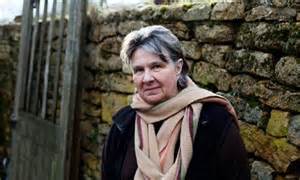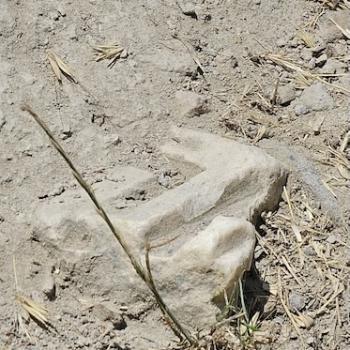In the eighth installment of Susan Hill’s much praised detective series, she takes on a subject that, as the British would say, will possibly put you off your tea. The subject is not merely paedophilia, but paedophilia filmed for the viewing pleasure of the sick and wicked, including snuff films. In other words, this is not a novel for the weak of stomach, never mind the faint of heart. Doubtless, it is difficult to continue to come up with original, or at least interesting, subject matter for detective fiction, and some might even say that the subject matter of this novel goes beyond the pale of good taste. But then so does crime, so does human depravity.
Susan Hill apparently thinks that bringing such things into a light of day, a light that such wickedness cannot stand, is a good thing. In this I agree with her, but it doesn’t make this a novel that one could call ‘pleasant beach reading’. Important, yes. Revealing, yes. Necessary, perhaps. But pleasant— never. While large parts of Western society have long since lost their revulsion when it comes to homosexuality, there are few signs that the horrors involved in paedophilia has become any more acceptable to the increasingly pagan West than it ever was. The ancients would have seen this as odd, because paedophilia was probably the dominant form of homosexual expression in the Greco-Roman world, though by no means the only regular or accepted form.
Like any good writer Hill is capable of interweaving several plot lines, and in this case they involve Cat Deerborn’s brother (Simon the detective) her father (Richard the doctor), and as a minor subplot, the relationships between Simon and his lady friend Rachel, and between a couple named Tim and Shelly. The thread that connects these stories is sexual violence, on the one side perpetrated on children, and on the other side perpetrated on a married woman, resulting in rape. Meanwhile, Cat tries to maintain her sanity, her medical work, her child-rearing and her Christianity. One of the things I like most about these novels is that Susan Hill is not afraid to have a genuinely Christian character in her novels, nor to show what difference the Christian faith can and may make when dealing with crises whether it be violent crime, divorce, death, bereavement, or something else.
This novel, in terms of pace is something like a classical symphony. It starts rather slow and pastoral, gradually picks up speed, and by the time one gets to the last movement everything is presto as the various threads come unwound, and the story lines resolved, though not always to one’s liking. One of the traits of Susan Hill’s novels, which she shares with the real master of the genre, P.D. James, is the developing psychological aspects of the stories. You are made to think and feel with the main characters, however uncomfortable this may make one feel. Sometimes this makes your skin crawl, and sometimes it really peaks your curiosity, that little voice in the back of your head which asks— What would it be like to be Simon Serrailler? I can tell you, after this novel, it didn’t make me want to ‘pursue that line of inquiry’ much further. I am happy to be an aging academic doing my own thing quietly.
Do I recommend this novel? Yes, I do quite highly. It is very well done, despite the distasteful nature of the subject matter. Hill does not go in for morbid descriptions of actual paedophilial acts, thank goodness. She leaves most to one’s own imagination, which is both a good and a bad thing. And there is never a sense she tells us things just to get our attention. For her, this subject matter is something we should take with deadly earnest, and so her writing comes across more like that of a moral agent or crusader for the good, rather than an disinterested observer of the social malaise. I say good for her on that score as well. The novel is a quick read in terms of length (314 pages, often with lots of spaces on them), but I promise it will leave a lasting impression.
Society, even pagan society, ought to care and look out for its most vulnerable members. Indeed, it is a measure of the character of a society as to how it responds to such wickedness as this novel unveils. If we have lost our moral compass and have become comfortably numb to such outrages, if we have lost our capacity for righteous indignation when the least, the last, and the lost are used, abused, and even killed and discarded in waste bins, then we have ceased to be a human society, never mind a humane one. Susan Hill reminds us again what it means to be truly human, and humane.














